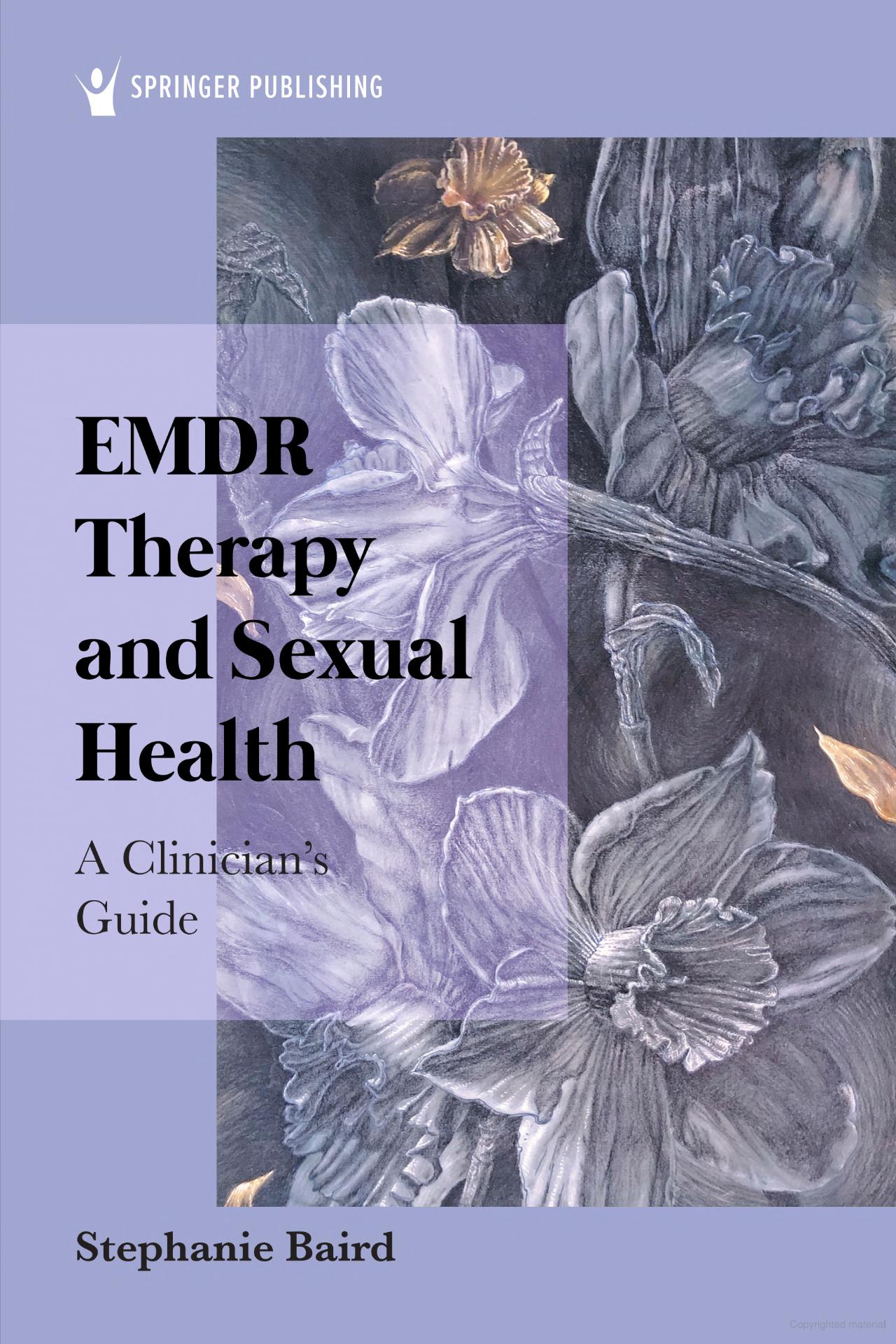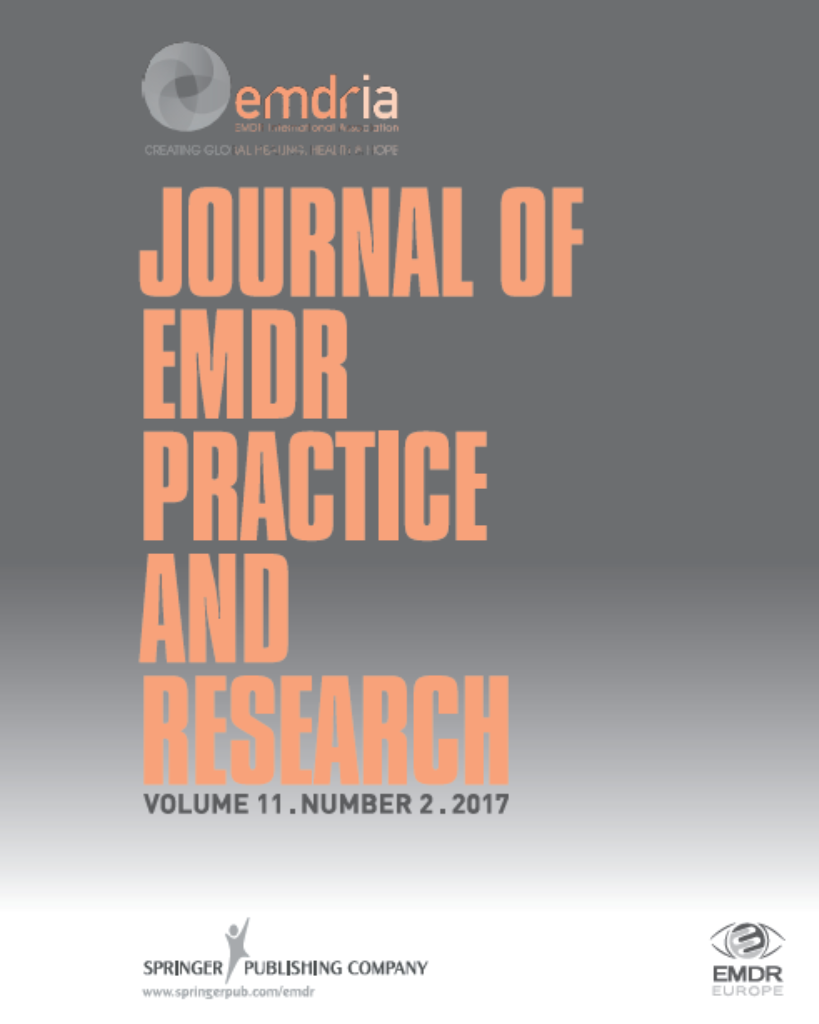Childhood sexual abuse in first-episode psychosis: The relevance in cognitive bias
This study investigates differences in cognitive biases and the presence of sexual abuse between people with first episode of psychosis (FEP) and healthy controls, with results highlighting the importance of addressing trauma history in early psychosis interventions.
Article Abstract
“Cognitive biases and childhood trauma have been associated with psychotic outcomes; however, the combined effect of these two variables on psychosis has been minimally explored. This study investigates differences in cognitive biases and the presence of sexual abuse between people with first episode of psychosis (FEP) and healthy controls and explores the relationship between childhood sexual abuse and cognitive biases in individuals with FEP, controlling for sociodemographic and clinical confounders. A sample of 85 FEP patients and 87 healthy controls were assessed using the Spanish version of the Cognitive Biases Questionnaire for Psychosis (CBQp) and the Childhood Trauma Questionnaire (CTQ). Participants with FEP exhibited higher levels of cognitive biases (p = .006), including in threatening situations, (p = .022), anomalous perceptions (p = .005), intentionality (p = .007), jumping to conclusions (p = .009), and emotional reasoning (p = .001), compared to healthy controls, while no significant differences were found in catastrophism and dichotomous thinking. FEP participants also reported a higher incidence of childhood sexual abuse (p = .024). Regressions models using enter method indicated that childhood sexual abuse was associated with dichotomous thinking, a pattern of “all-or-nothing” thinking, and emotional reasoning biases, even after adjusting for age, education, psychotic symptoms, and perceived stress. These results highlight the importance of addressing trauma history in early psychosis interventions, emphasizing cognitive-behavioral strategies like Metacognitive Training and Eye Movement Desensitization and Reprocessing.”
—Description from publisher
Article Access
Purchase/Subscription Required
Vila-Badia, R., Espinosa, V., Colomer-Salvans, A., Serra-Arumi, C., Corbella-Sotil, A., Del Cacho, N., Butjosa, A., Ochoa, S., Cuevas-Esteban, J., Muñoz-Samons, D., PROFEP Group, & Usall, J. (2025). Childhood sexual abuse in first-episode psychosis: The relevance in cognitive bias. Schizophrenia Research, 283, 98-106. https://doi.org/10.1016/j.schres.2025.07.004
Date
September 1, 2025
Creator(s)
Regina Vila-Badia, Victoria Espinosa, Alicia Colomer-Salvans
Contributor(s)
Clara Serra-Arumí, Ariadna Corbella-Sotil, Núria Del Cacho, Anna Butjosa, Susana Ochoa, Jorge Cuevas-Esteban, Daniel Muñoz-Samons, PROFEP Group, Judith Usall
Topics
Childhood Trauma, Psychosis/Schizophrenia, Sexual Trauma
Extent
8 pages
Publisher
Elsevier
Rights
© 2025 Elsevier B.V. All rights reserved.
APA Citation
Vila-Badia, R., Espinosa, V., Colomer-Salvans, A., Serra-Arumi, C., Corbella-Sotil, A., Del Cacho, N., Butjosa, A., Ochoa, S., Cuevas-Esteban, J., Muñoz-Samons, D., PROFEP Group, & Usall, J. (2025). Childhood sexual abuse in first-episode psychosis: The relevance in cognitive bias. Schizophrenia Research, 283, 98-106. https://doi.org/10.1016/j.schres.2025.07.004
Audience
EMDR Therapists, Other Mental Health Professionals
Language
English
Content Type
Article, Peer-Reviewed
Access Type
External Resource





